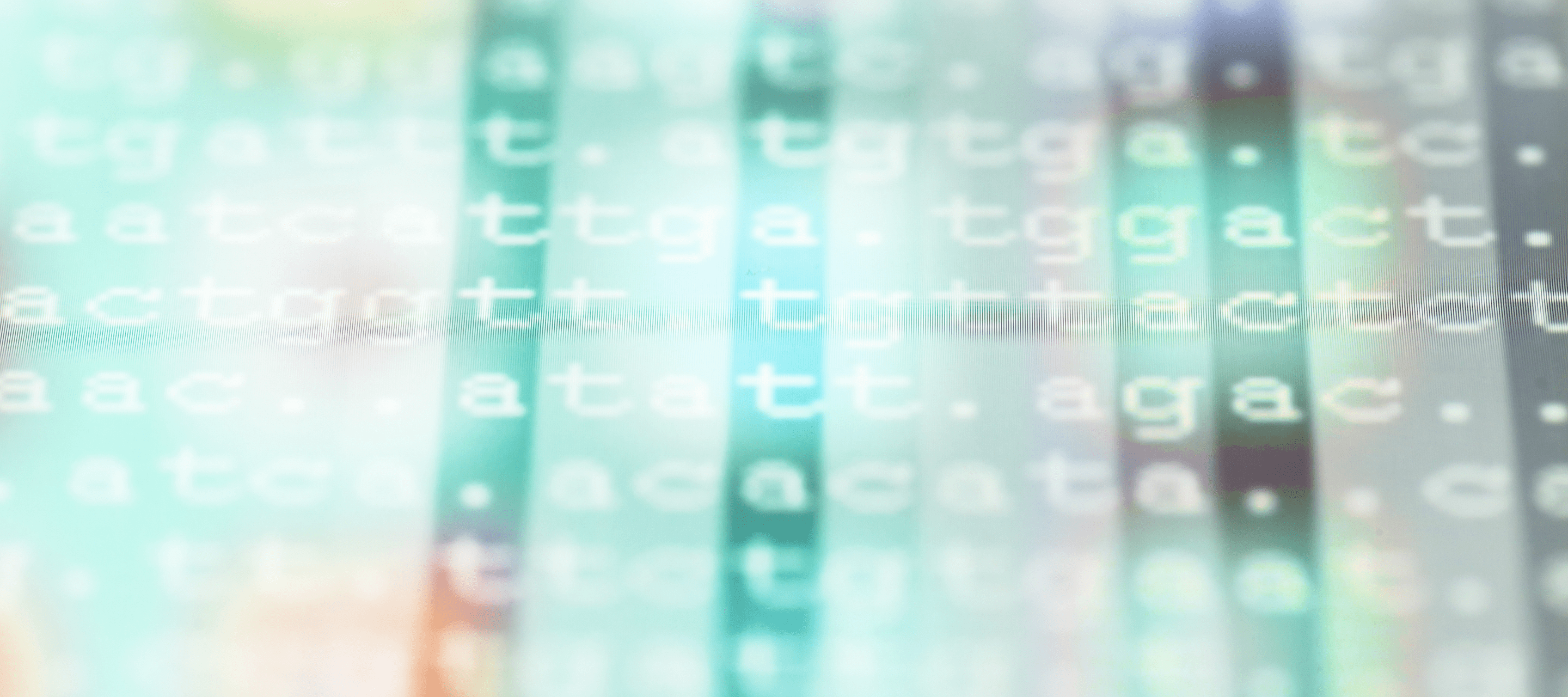
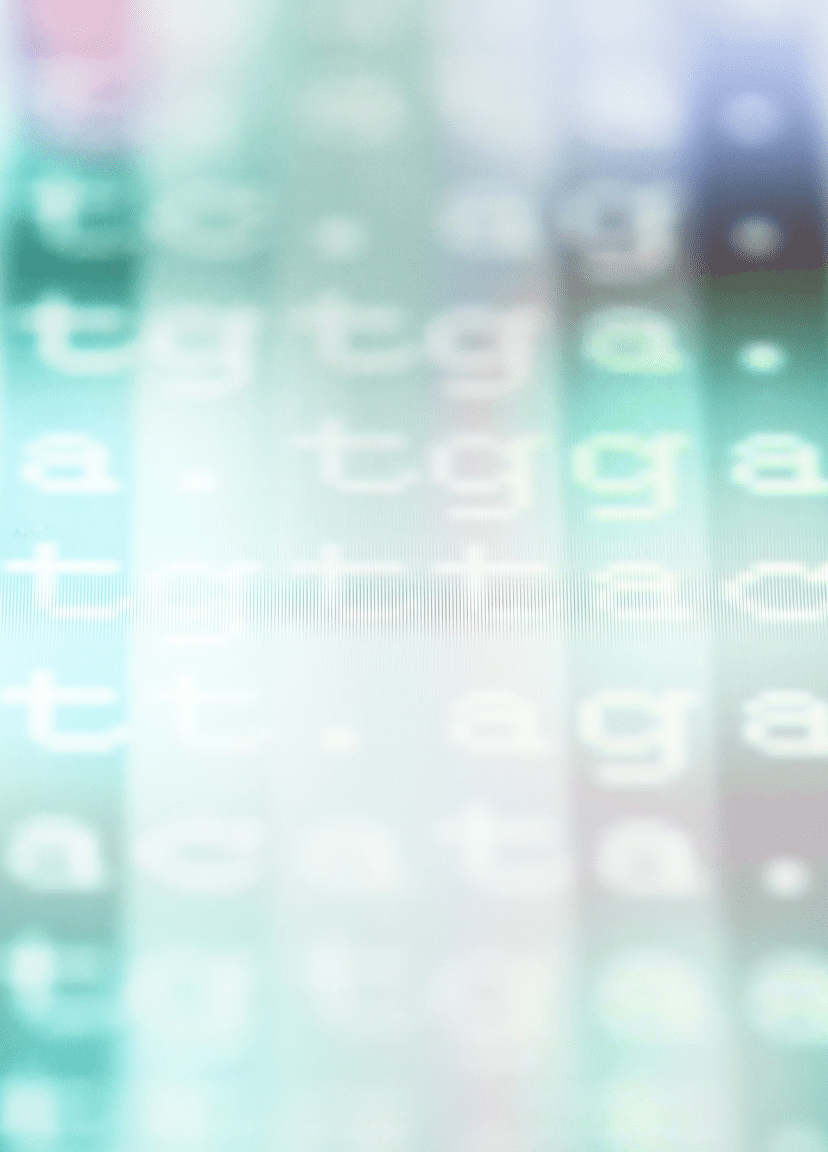
Unlocking the potential of genomic sequencing
Genomic sequencing will revolutionise healthcare over the next decade; let’s look at the changes it could bring
Over the coming decade, genomic sequencing will revolutionise patient care by helping doctors offer more personalised medicine, based on an individual’s specific genes.
The possibility of faster diagnosis and personalised treatments with little side effects, combined with prediction and early prevention in developing conditions, is probably the greatest revolution in medicine in centuries. Understanding the role our DNA plays in our health will transform how we think about our healthcare.
The concept of personalised medicine is not new – it has been the holy grail of medicine for some time. Yet it is the emergence of interconnected, innovative technology such as whole genome sequencing, data and informatics, and wearable technology that have taken us to where we are today, on the brink of an era of truly personalised care.
As a result, the genomics market is expected to more than double in size, growing from a value of $22.7bn in 2020, to $5.4bn in 2025, as more innovative labs invest in the process.
However, the processes involved in genomic sequencing are slow, repetitive and error-prone, this is a significant obstacle standing in the way of unlocking the possibilities. In this article, we look at the vast potential of genomic sequencing, what the challenges are for labs conducting it today, and how to overcome them in order to usher in a brand-new era of medicine.
What is genomic sequencing?
Genomic sequencing (also known as full genome sequencing, complete genome sequencing or entire genome sequencing) is the process of determining the exact order of the bases in a strand of DNA. It can be conducted on a specific organism, or cell type.
Genomic sequencing has recently been in the spotlight as it was a critical component of mapping the development of the COVID-19 virus. However, its potential is far greater than mapping a single virus. It can help determine whether a person is carrying a specific inherited altered gene (germline mutation) that causes a particular medical condition.
Initially, genomic sequencing was conducted using a process called Sanger sequencing, which was discovered in 1977. Using this process, it took 13 years to sequence a single genome, with the Human Genome Project (HGP) finally being completed in 2003, at a cost of $3bn.
This process has since been usurped by the far more efficient process of next generation sequencing (NGS). NGS is a parallel sequencing technology that offers ultra-high throughput, scalability, and speed, and is able to map the genome by sequencing thousands to millions of DNA molecules simultaneously. Using NGS, a genome can be mapped in around a day.
Revolutionising our health with genomic sequencing
By understanding the exact DNA make up of a patient, and their susceptibility to disease, genomic sequencing makes it possible to predict, diagnose, and treat conditions more precisely and personally. It also makes it easier to prevent certain conditions from developing in the first place.
Put simply, it is probably the greatest medical revolution in human history.
Understanding the role our DNA and genetic makeup plays in our health can help us entirely transform how we think about our healthcare, and move us toward a system of preventing, rather than curing, disease.
Advancing genomic sequencing
In the UK, the NHS has committed to sequencing 1 million genomes – 500,000 genomes in the NHS and 500,000 in UK Biobank – in order to improve healthcare nationwide.
“Genomics saves lives, and I’m determined the UK stays at the forefront of this vital new technology,” remarked Matt Hancock, the former UK government Health and Social Care Secretary on the project.
“If we draw on ingenuity like this, we can keep up the fight against COVID-19, and also tackle the other things that stop us living healthier lives like cancer, dementia, and heart disease.”
The challenges
While genomic sequencing offers some incredibly exciting potential, the challenges of next generation sequencing (NGS) are significant.
Cost to scale
Cost remains an obstacle for many labs. While over the last two decades the cost of sequencing has dropped exponentially, the sequencing cost has remained largely unchanged since 2016.
While considerable volume can reduce the individual cost, the current price of genomic sequencing is still too high and is generally dependent on pharmaceutical or biotech funding.
In order to match the ultimate goal of better human health via personalised and preventative medicine, a substantial reduction in total costs is needed to unlock genomic sequencing at the population scale and, ultimately, for genome sequencing to be more widely applied in the health-care setting. Getting that cost curve down will be critical to driving its adoption in health-care systems and avoiding it becoming an opportunity reserved for a smaller and privileged part of our society.
Manual, repetitive workload
NGS involves a number of monotonous, repetitive processes, such as the entire library preparation process, consisting of multiple PCR thermocyclers, and sample tracking between stations. When these processes are done manually, the, often highly-trained, lab staff become bored or disillusioned, resulting in a high turnover rate.
The manual nature of this work means that labs are also limited to working hours and workforce numbers. This makes it more difficult to scale and process at pace.
Human error
Errors at any stage of the NGS process can lead to incorrect results, meaning that processes have to be re-started or results are invalid. Even when partial automation technology is implemented, the manual labour in between steps carries the added risk of human error, reducing reproducibility. This limits labs opportunities to scale, and lengthens the time it takes to map genomes.
Find out how Automata helped reduce human interaction in a genomics testing system.
How to reduce the cost and length of time of genomic sequencing
There are three critical factors that will help drive cost reduction in genomic sequencing: Innovation, scale, and competition and collaboration.
1. Innovation. Generating sequence data requires multiple components. Sample preparation can be improved through more efficient methods that decrease the labour required with the introduction of highly automated systems. Innovation to decrease data processing costs alongside miniaturisation could also decrease the cost of reagents used in library preparation
2. Scale. With high scale, the sequencing centre, or sequencing vendor, can become more efficient and offset costs such as the personnel, equipment and facilities
3. Competition and Collaboration. Innovation and scale can only achieve so much. The cost of generating the data (the cost per gigabase) dominates – and thus must come down considerably. The current market requires alternative options to drive these advances, and the collaboration of different expertise and vendors merging together to accelerate the adoption.
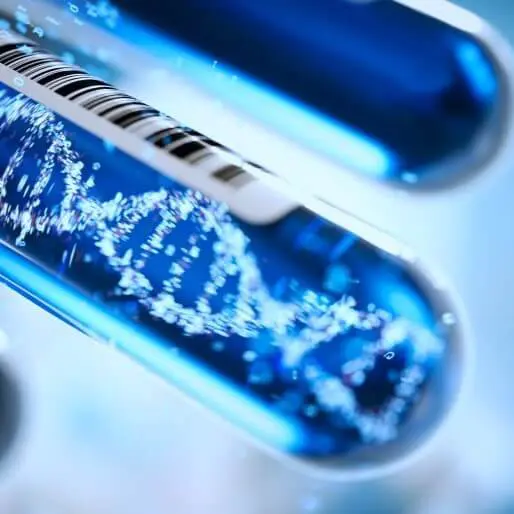
From diagnosis to treatment, new technologies are revolutionising scientists’ approach to cancer…
Read more Automation in cancer genome sequencing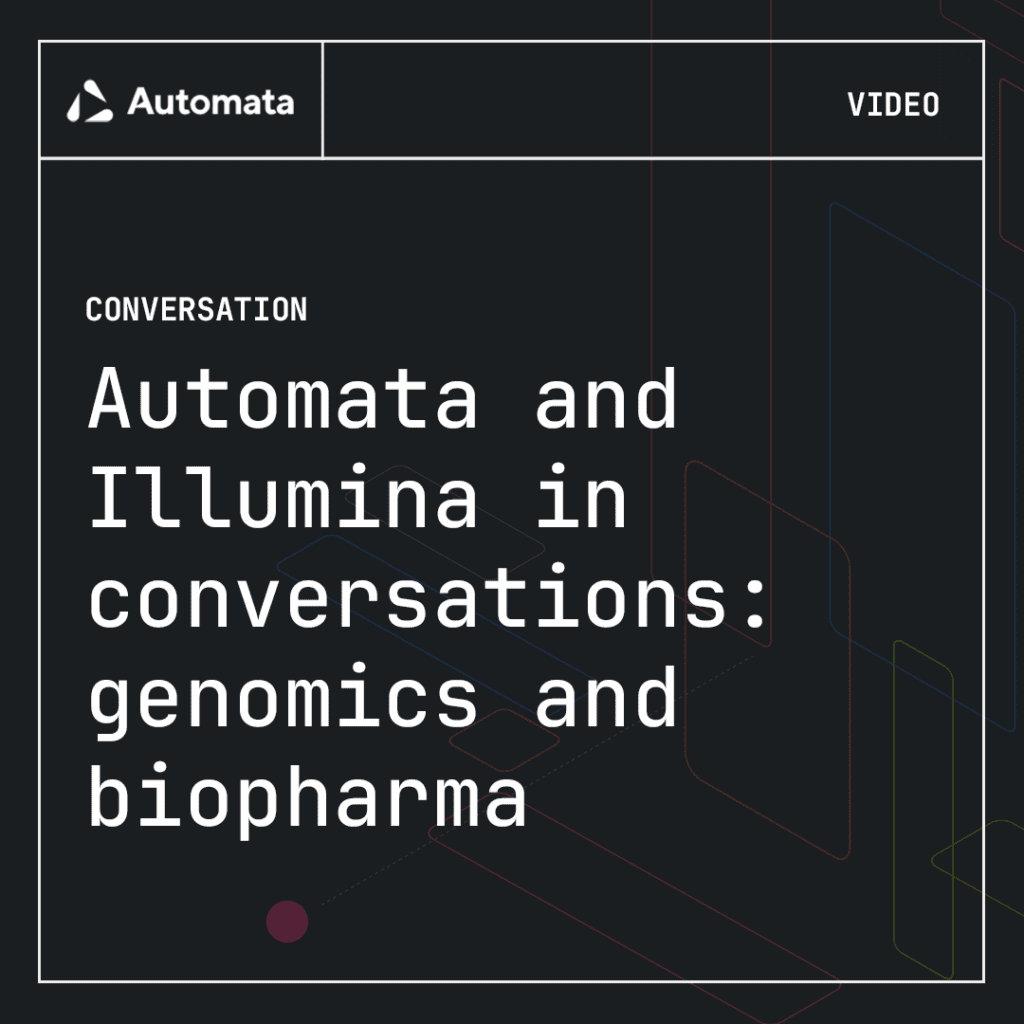
Automata and Illumina discuss the evolving landscape of genomics and its transformative…
Read more In conversation with Illumina: genetics in biopharma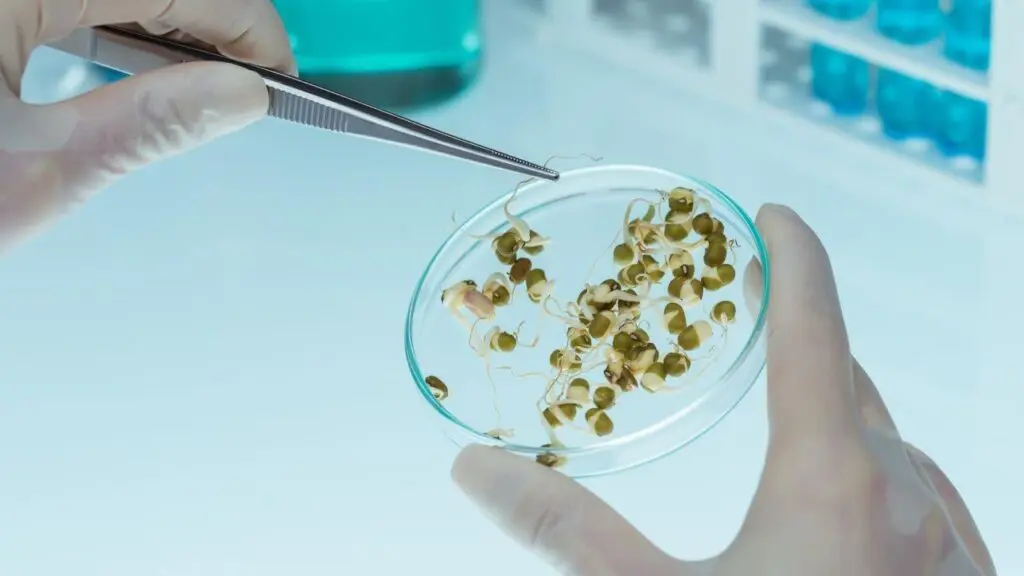
Genomics is transforming the future of agriculture. Learn how open, integrated automation…
Read more Agrigenomics: the role of automation